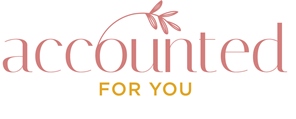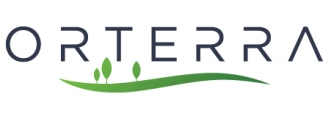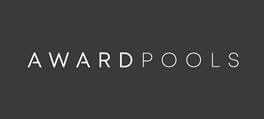
The role of leadership is one that is quite slippery to define. Is it a title or is it a behaviour? In my view, it’s both. In my experience, leaders who coach – a behaviour – rather than assert authority – a behaviour reflective of title – increase self-confidence and self-responsibility in their people while offering support, direction and challenge. It’s the ‘challenge’ element that inspires and allows people to unlock their potential and maximise their performance, which has a direct impact on the performance of the organisation. Win/win – so why do leaders sometimes avoid the coaching part of their role?
As a Human Resources (HR) consultant, I wear many hats. It’s the diversity of my work and my clients that I absolutely love. One of my ‘hats’ is working with human resources professionals as a sounding board. A client recently shared with me the difficulty they were experiencing in supporting a leader in the broader organisation to embrace the coaching part of their role. This is an organisation that wants to actively cultivate a culture of learning and development, however this specific leader was unable to see how coaching could manage some struggles experienced around the attitude of people in their team, saying ‘I just need them to get on with things.’
This attitude isn’t unusual. I’ve worked with many people over the years who dispute that their role encompasses coaching. They resent a perceived level of nurture (or ‘coddling’ as I’ve heard it described!) they feel forced into providing, not seeing the benefits said nurture will bring in the bigger picture. Perhaps that’s because there’s a perception that ‘coaches’ are external consultants who come in, do a few sessions over a couple of months with leaders and that’s it. However, when an organisation is trying to get the right alignment between expertise, values and behaviour, it needs a leadership approach that’s focused on giving people the ability to step into their potential. This is something that can’t be outsourced as a program. My view is that in contemporary workplaces, coaching is a non-negotiable skill for leaders. It should be ongoing and internal as people engage with their people. This is how we bring values to life, enhance employee experience, and achieve a thriving workplace culture.
So, what actually is coaching versus performance management? Well, in terms of behaviour it looks like leaders asking questions, rather than dictating directions and asserting their authority. It involves supporting and encouraging people rather than drowning them in policies and procedures (employee handbooks) via a punitive approach. It’s also not allowing people to wander through their jobs, trying to figure things out because the leader/coach answers their appropriate and necessary questions with philosophical questions:
Employee – how do I deal with a stakeholder request of xyz?
Leader – how do you think you should deal with a stakeholder request of xyz?
Rather, it’s about sharing knowledge to help them maximise their own development and performance. This is critically important when it comes to new hires. It’s unfair to expect someone to step into a role knowing only their area of expertise but not the norms of the organisation. They need to know how things are done around here before they can ‘just get on with things.’
The leader as coach role doesn’t need to be one more thing to do on an overflowing to-do list but can be incorporated into the day-to-day. This is where the concept of incidental coaching comes into its own as a way to help people step into their potential. Adding a coaching approach by way of essentially a coaching conversation to the way leaders and their people craft their Key Performance Indicators and professional development plans makes the process more embedded to workplace culture and values as well as more meaningful and intentional. So too with providing feedback – when this is delivered via a coaching approach the potential for growth is amplified.
Coaching for the win – with a caveat. Coaching needs trust and psychological safety, intention and good communication skills including active listening. It requires a focus on professional growth and development as well as performance management. However, coaching is a skill and can be developed. People aren’t born coaches, they’re made. An excellent resource for leaders is The Coaching Habit by Michael Bungay Stanier. Another excellent resource is yours truly – please reach out for a conversation about how I could be of support.

Related Articles
How are you showing up as a leader? The importance of executive presence
There are many, many theoretical and philosophical definitions of leadership. People have written entire dissertations so I’ll keep things simple...
Strengths at Work
There’s a number of secret weapons I use in my work supporting Human Resources (HR) professionals and leaders to build and maintain great...
The interplay between coaching, recruitment and HR services
So, what do you do? We’ve all been there, trying to describe our work in one pithy line that doesn’t sound drop dead boring or over the top. For the...

HR strategies and tips to your inbox
Get the latest human resources tips and insights into your inbox. Sign up now to stay updated and receive practical advice tailored for both HR professionals and business owners to help your business thrive.
READY TO GET STARTED?
Start shaping the health and heart of your business today


CONNECT WITH US

CONNECT WITH US
Unscripted HR acknowledges the Traditional Custodians of Country throughout Australia and their ongoing connection to land, waters and community. We pay our respects to Elders, past and present.

Unscripted HR acknowledges the Traditional Custodians of Country throughout Australia and their ongoing connection to land, waters and community. We pay our respects to Elders, past and present.











